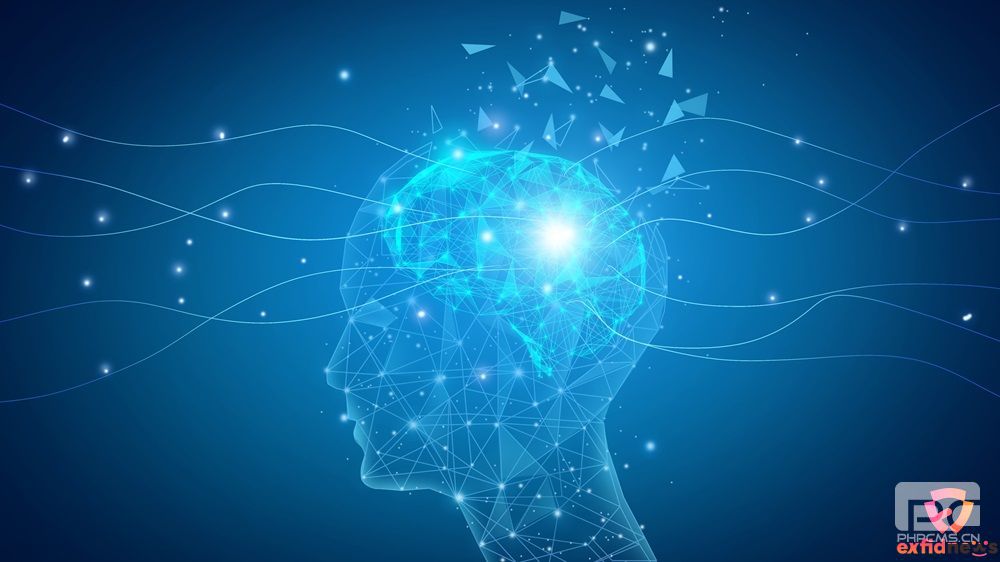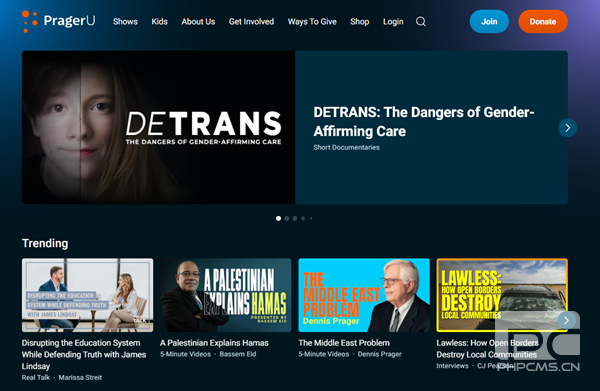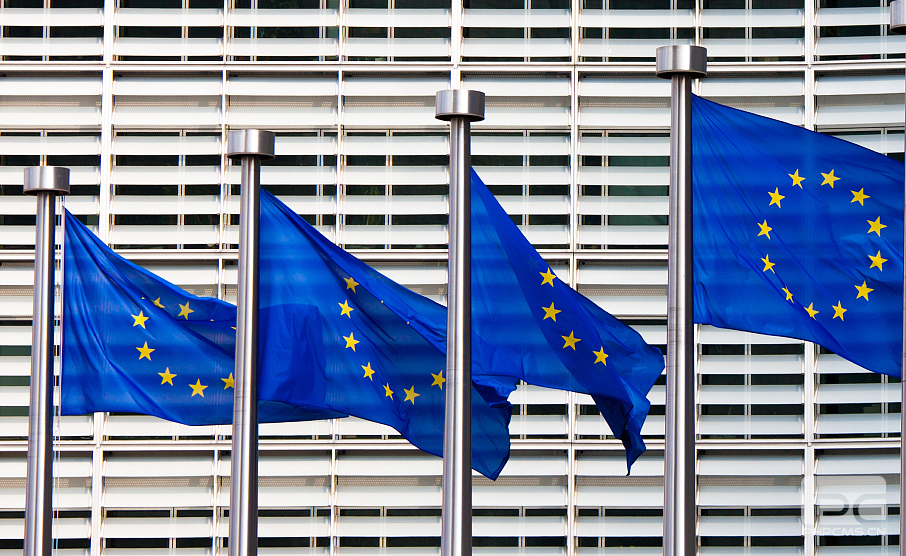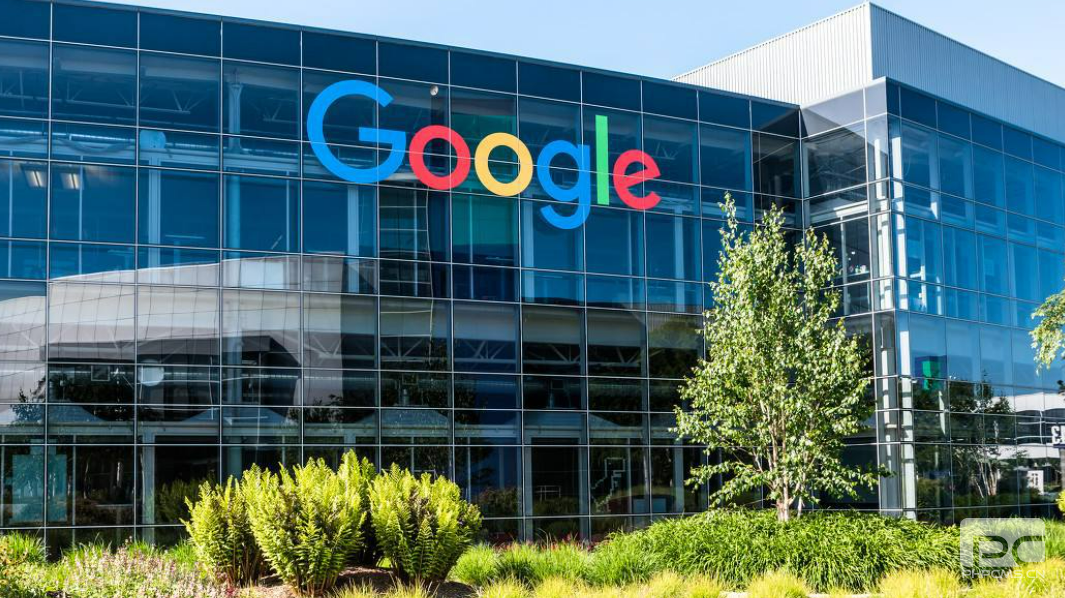In the field of artificial intelligence, a series of lawsuits have arisen concerning how AI companies use copyrighted materials, sparking controversies over responsibility and legal expenses. Here are the latest developments regarding OpenAI, Anthropic, and Microsoft:

OpenAI recently announced a plan called "Copyright Shield," pledging to cover legal fees for its commercial customers to address copyright lawsuit issues arising from the use of its products. The launch of this plan was announced at OpenAI's first Developer Day conference, aiming to help its users maintain legal safety in the face of copyright disputes.
OpenAI's CEO, Sam Altman, stated at the conference, "We can defend our customers and pay the cost of legal claims due to copyright." This commitment provides additional reassurance to enterprise customers, enabling them to use OpenAI's generative AI services without worrying about legal liability.
Microsoft has also taken a step towards protecting commercial customers from copyright infringement lawsuits. The company announced that customers subscribing to the Azure OpenAI Service will receive Microsoft's defense and compensation when using the service or its generated outputs to counter any adverse judgments.
As Anthropic prepares to face copyright lawsuits from the world's largest music companies and OpenAI is sued by a bestselling author for copyright infringement, people are beginning to ponder on the question of responsibility when AI models use others' works. The year 2024 may become a year of legal disputes for AI companies.
Unlike OpenAI, Anthropic has taken a different stance. The company believes that using copyrighted material for training large language models should fall under fair use since the content is used for statistical analysis rather than expressive content. Additionally, Anthropic emphasizes that its AI has been designed to avoid generating copyrighted creative works.
These dynamics showcase the different strategies adopted by AI companies in responding to copyright lawsuits. OpenAI provides additional protection to customers by covering legal fees, Microsoft expands its protection policies to address potential copyright infringement issues, and Anthropic emphasizes user responsibility, asserting that its AI model is designed to avoid infringement. In this variable-filled field, both businesses and users are seeking the best models for legal protection and responsibility sharing.




Copyright © 2023.Yooke studio All rights reserved.
PKWEEKLY NEWS












